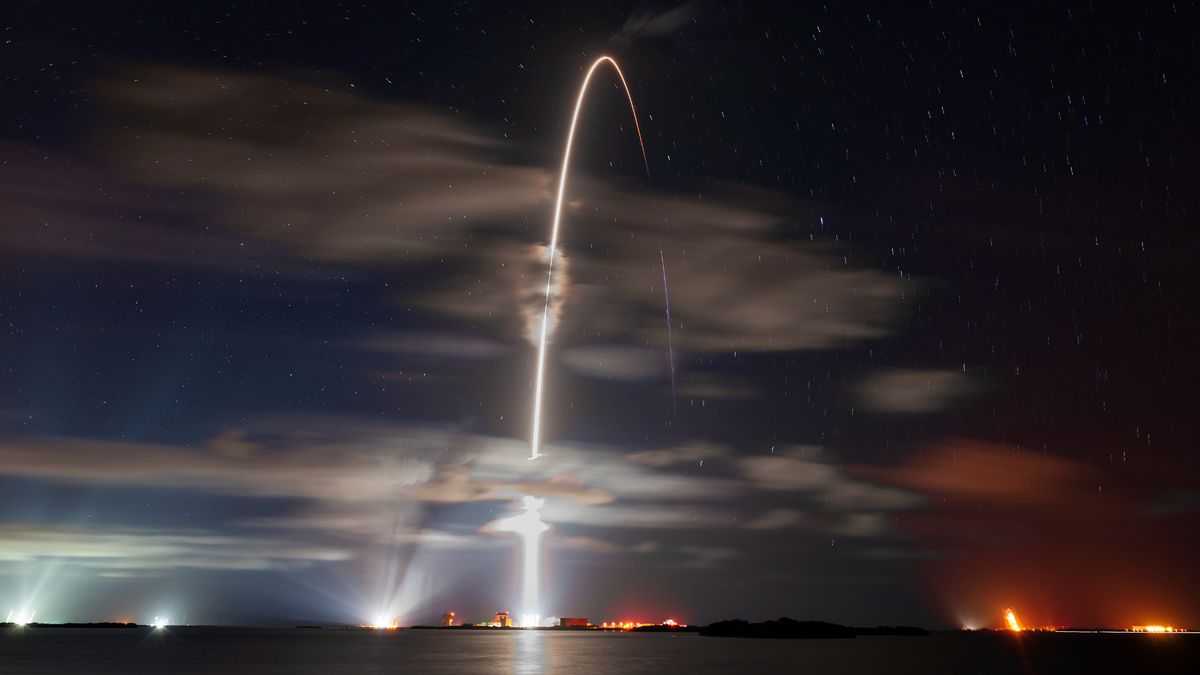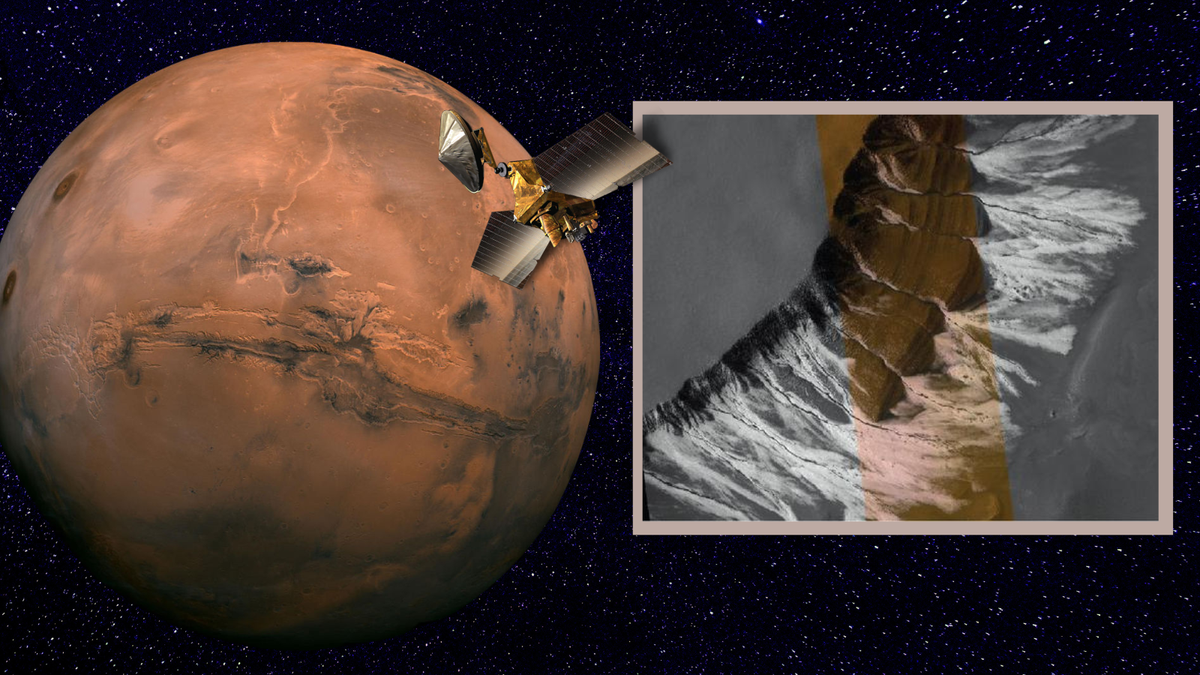Sustainable Practices for Solar Observing Equipment
Following the awe-inspiring display of the 2024 total solar eclipse on April 8, individuals across the United States and visitors alike were granted a rare opportunity to witness one of nature’s most magnificent phenomena. In the aftermath of this momentous event, many spectators may be contemplating the proper care and potential reuse of their solar observing gear. Although solar filters and eclipse glasses are relatively affordable, they hold value beyond a single use, making it imperative to consider sustainable practices targeted at reducing waste and maximizing equipment longevity.
Reusing Solar Observing Equipment
As enthusiasts prepare to harness the power of the sun for solar viewing and future celestial events, it is common practice to invest in solar eclipse glasses, viewfinders, solar filters, and compatible adapters for binoculars and telescopes. Following the conclusion of an eclipse, it is prudent to maintain and preserve your eclipse glasses. Despite their affordability, eclipse glasses represent a valuable asset and should be safeguarded for future occurrences, particularly as their availability may fluctuate.
Prior to storing your eclipse glasses, a comprehensive inspection is advised. Ensure to check the expiration date of your glasses, as any surpassing date should render them obsolete for future use. Any visible damage such as creases, fingerprints, or lens tearing must be promptly addressed, as compromised optical coatings pose a threat to ocular safety. Similarly, any structural impairments to the frames must denote the glasses as unfit for use, emphasizing the importance of equipment integrity during observation sessions.
In addition to solar eclipse events, these glasses serve a multifaceted purpose in astronomical observations. From capturing celestial transits to tracking solar phenomena like sunspots, eclipse glasses facilitate diverse viewing experiences. For enthusiasts seeking to expand their astronomical horizons, anticipating future solar spectacles or venturing into solar research presents an exciting opportunity to optimize the utility of eclipse glasses.
Recycling Solar Equipment
For equipment that has reached the end of its lifespan or incurred irreparable damage, responsible disposal becomes imperative. Cardboard eclipse glasses, composed of various elements, necessitate careful disassembly to ascertain recyclable components. While the cardboard frames can be recycled through conventional means, the non-recyclable silver-black polymer lenses mandate separate disposal procedures.
Several organizations, such as Astronomy Without Borders and Eclipse Glasses USA, conduct recycling initiatives tailored for eclipse glasses. With a focus on collecting, repurposing, and recycling these glasses, these programs facilitate sustainable practices while extending the usability of solar observing gear. By contributing to these endeavors, enthusiasts can actively participate in global outreach efforts aimed at supporting educational initiatives in other regions.
Locally, donations to educational institutions or astronomy societies can offer a second life to surplus solar observing equipment. Engaging in vetting processes to ensure the safety and functionality of donated gear equips recipients with valuable resources for future stargazing endeavors.
Reducing Equipment Purchases
Post-eclipse contemplation often prompts enthusiasts to invest in personal solar observing equipment to capitalize on future solar events. While the allure of owning specialized solar gear is enticing, prudent decision-making is crucial in evaluating the utility and versatility of such equipment. Solar telescopes, designed exclusively for solar observation, cater to a niche audience and may not align with broader astronomical interests.
As the market experiences fluctuations in eclipse gear availability and pricing, sharing surplus equipment or exploring alternative solar observing methods can enhance accessibility for fellow enthusiasts. With a plethora of avenues for solar documentation, ranging from time-lapses of solar activity to capturing planetary transits and satellite sightings, the realm of solar observation offers a diverse array of opportunities to engage and explore.
The pursuit of sustainability in solar observing practices underscores a commitment to environmental stewardship and resource optimization. By adopting a holistic approach that encompasses equipment preservation, recycling initiatives, and mindful consumption habits, enthusiasts can contribute to a more sustainable and inclusive astronomical community. As we navigate the vast expanse of the cosmos, let us strive to harness the power of the sun responsibly and ethically, embodying the spirit of discovery and conservation in our celestial pursuits.
Image/Photo credit: source url





